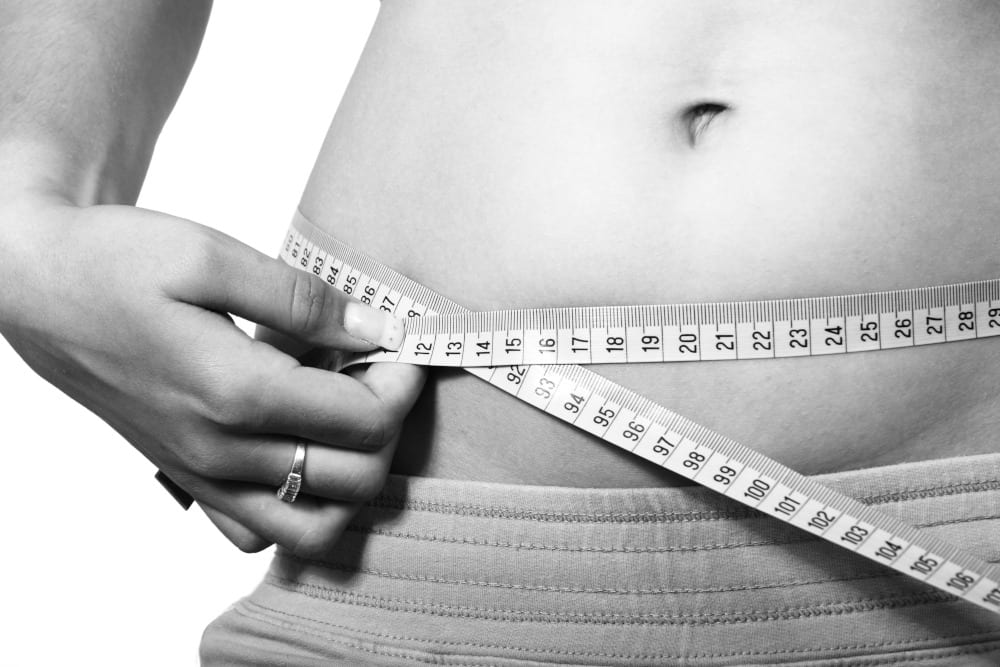
One of the measurements that’ll likely come up during this discussion is your BMI. So how much does your BMI matter for lipo? Here’s what you need to know.
How Do You Calculate BMI?
BMI, or body mass index, is calculated by dividing your height in inches squared by your weight in pounds. This number is multiplied by a conversion factor of 703 to get your BMI. There are also a number of free BMI calculators online can that do the math for you.
[pullquote]Recent research suggests that RFM, relative fat mass, may be more accurate than BMI.[/pullquote]
What’s a Good BMI for Lipo?
Generally speaking, a BMI of 30 or higher can put you at a greater risk for complications during a surgical procedure. A BMI in this range may also mean that you have a considerable amount of visceral fat, which cannot be removed via liposuction. In this case, your plastic surgeon will likely recommend that you try to lose more weight before moving forward with lipo.
However, BMI is not always accurate. Someone with a very high muscle mass and low body fat percentage could have a BMI over 30 without being overweight or obese. The best way to figure out if you’re a good candidate for liposuction is to schedule a consultation and physical evaluation with your plastic surgeon.
Related Posts







